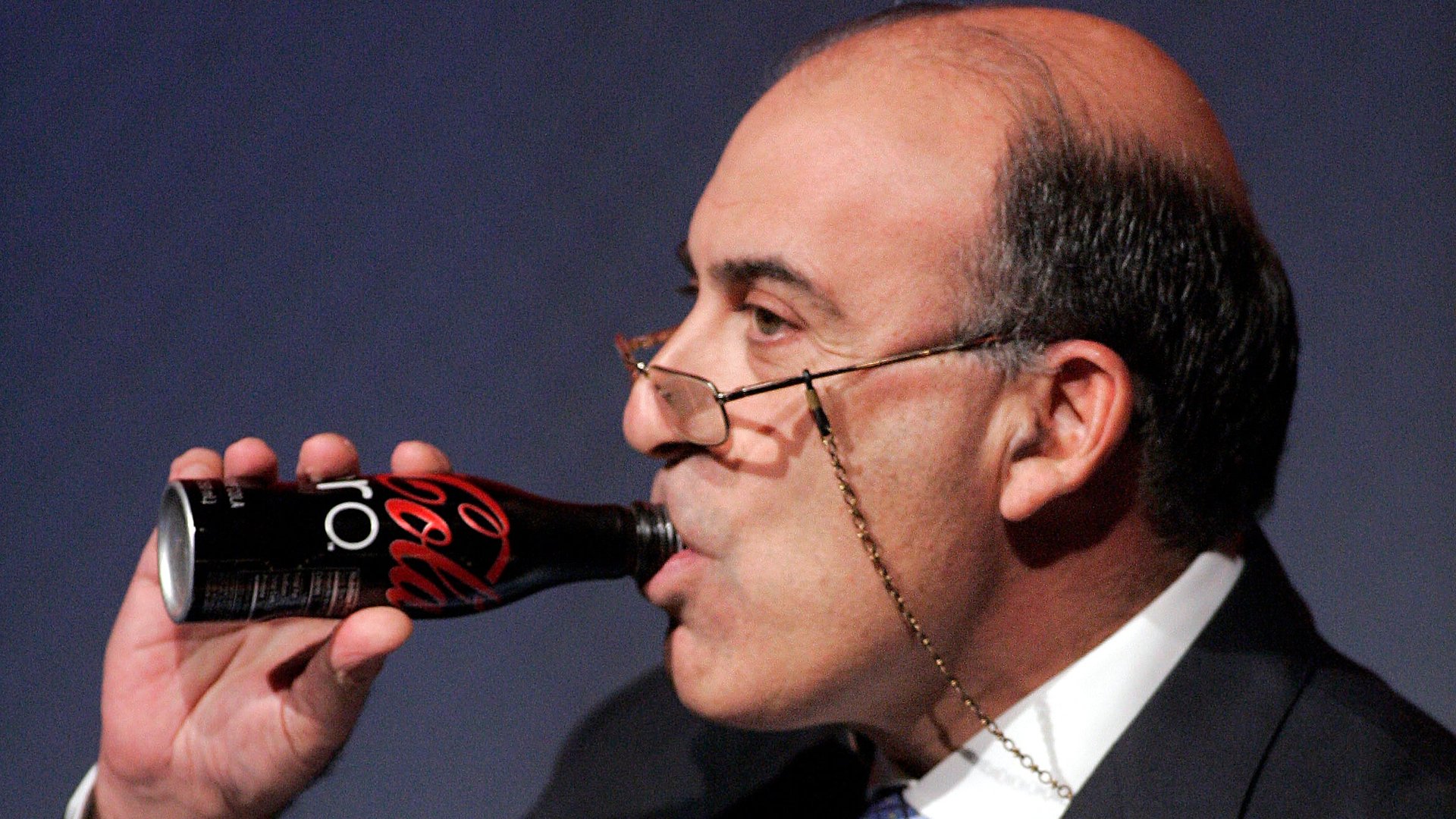The $13 billion Coca-Cola compensation plan that isn’t
Investor David Winters was astonished when he concluded that Coca Cola was paying its executives $13 billion—and perhaps as much as $24 billion—in stock. So were we!


Investor David Winters was astonished when he concluded that Coca Cola was paying its executives $13 billion—and perhaps as much as $24 billion—in stock. So were we!
But two finance professors who looked at the math behind the billions say it’s not out of whack at all, despite the protest Winters sent to Coke’s board and his fellow investor in the sugary beverage company, Warren Buffett.
At issue is a stock compensation plan detailed in the company’s proxy statement, which it needs its shareholders to approve at its annual meeting a month hence. Winters wants them to say no. You don’t give the managers of the company 14% of it as a performance incentive. Right?
The plan entails issuing 500 million equity awards, but it’s not that simple—some of it will be issued as restricted share units (which vest after a certain length of time), and some as options to buy the stock later. Under the typical 60/40 breakdown Coke uses between stock and options, that entails some 340,000 shares, or 14.2% of the 4.4 billion outstanding shares. At today’s prices—about $40 a share—that’s a pool of stock worth $13 billion.
But David Larcker and Allan McCall, experts in corporate compensation at Stanford’s Graduate School of Business, took a look at Coke’s proxy statement for Quartz and added a little perspective. (Winters did not respond to a message left with his fund.)
For one thing, under the pool of 500 million equity awards, five are removed for each restricted stock unit issued. This means that if the proposed compensation plan were executed just in stock, it would only be 100 million shares at today’s valuation, or about $4 billion. If, instead, only options were issued, they would be valued at about $5 billion. (Pricing options is complicated, but a rule of thumb is that they are worth about 20% the price of the stock; for Coke, it may be worth 25%.)
That means $5 billion is the ceiling of total compensation. And, as importantly, it will take place over four years and affect thousands of employees.
“This is about $1 billion per year spread over 6,400 employees, the result is about $156,000 per year per employee,” Larcker wrote in an e-mail. “Clearly, this is substantial money, but probably not terribly unreasonable for senior executives for a company of this size.”
Of course, these awards won’t be split equitably. Some top executives are going to walk away with tens of millions of dollars. But it’s not 10 people splitting the cash, either.
Coca-Cola itself has taken umbrage at the idea that it would pay its executives such astronomical fees, noting that the awards are based on meeting performance targets and thus not inevitable. Moreover, it is countering the risk of dilution—which is what Winters, as an investor, is really worried about—with a share buy-back program that was worth more than $4.5 billion a year in 2012 and 2013 and will continue into the future.
Executive compensation is fairly out of control—one reason that so many people took the $13 billion report at face value—but at least Coke seems to have a fairly decent hang on it. Its CEO, Muhtar Kent, received a $20.4 million pay package last year (more than PepsiCo CEO Indra Nooyi’s $12.6 million), which, while a hell of a lot of money that could probably be better spent, doesn’t even make the top 10 of highly paid CEOs.